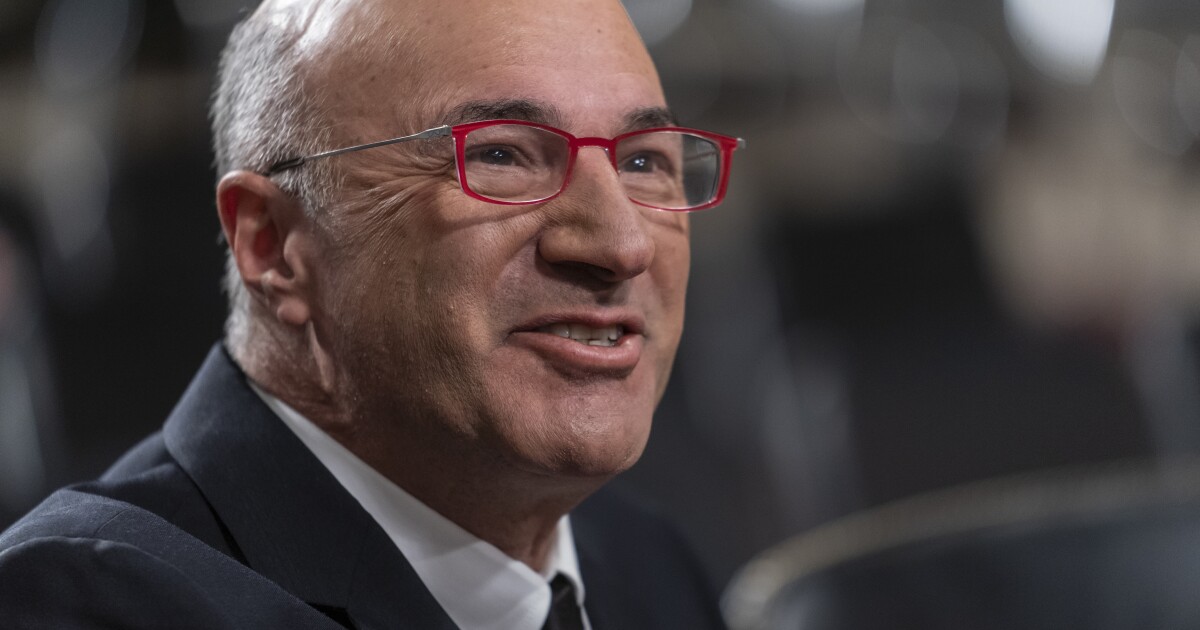

Shark Tank star Kevin O’Leary announced Friday he is moving his companies out of a crime-ridden New York City described by “Mr. Wonderful” as a “war zone.”
“It’s not about politics at all,” O’Leary said while discussing the move on Fox News. “It’s about policy. So, post-pandemic, most investors, me included, realized that we can headquarter our companies anywhere because 40% of our staff don’t work at HQ anymore. So, I could take a company out of New York that looks promising, move it to Texas, Florida, North Dakota, Tennessee.”
MEET DYLAN MULVANEY, THE MAN WHO BECAME A MILLIONAIRE BY IDENTIFYING AS A WOMAN
States such as these have business-friendly tax policies, strong schools, and people want to live in those places, O’Leary said.
Places such as New York City and Los Angeles are “war zones” in comparison, according to O’Leary.
“I wouldn’t ask anybody to live there or work there,” he said. “That’s because of incredibly bad management of those cities and those states.”
“So, I’m OK to say this because it’s a fact. … You never put a dime in New York. It’s a horrible place for policy, horrible. Anywhere in the state, unstable policy.”
Massachusetts is another example because of its “punitive taxes on success,” O’Leary added.
“Why would you put one of your CEOs in a place where they’re going to be punished for success?” he asked. “It’s so un-American. I don’t even understand it.”
Voters need to address the management of Democratic-led cities such as Los Angeles and New York City because just going to the downtown area can get a person “executed,” according to O’Leary.
CLICK HERE TO READ MORE FROM THE WASHINGTON EXAMINER
“If you try and buy toothpaste in Los Angeles, San Francisco, or here in New York, it’s under lock and key. Toothpaste,” he said. “The only reason a drug store would do that is they’re losing so much in shrinkage.”
“These are pragmatic problems. They’re not really political in nature. They’re policy in nature, and, so, people see this every day. They live with it, and they say to themselves, ‘What do I have to do to fix this?’ Well, think about it the next time you’re voting.”





